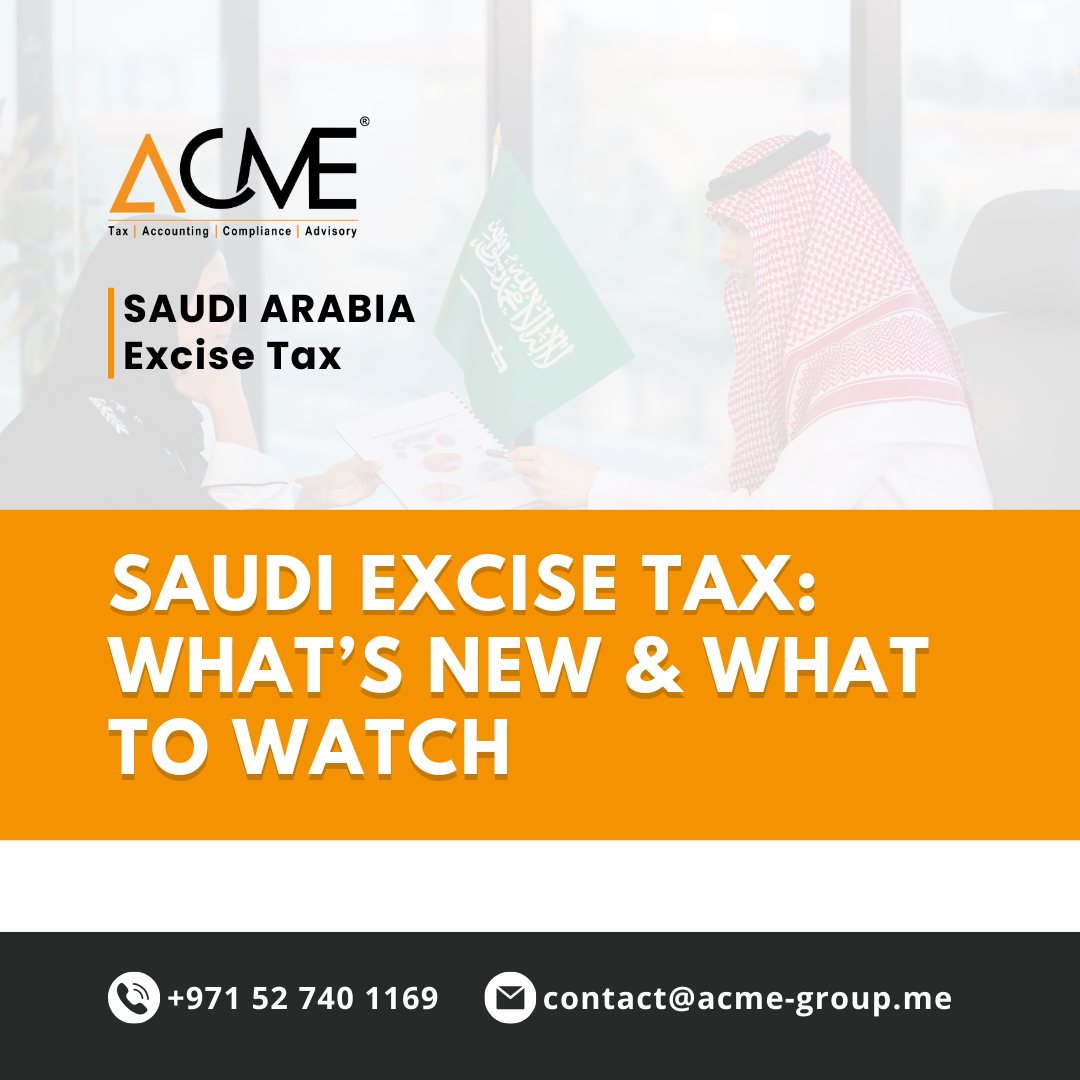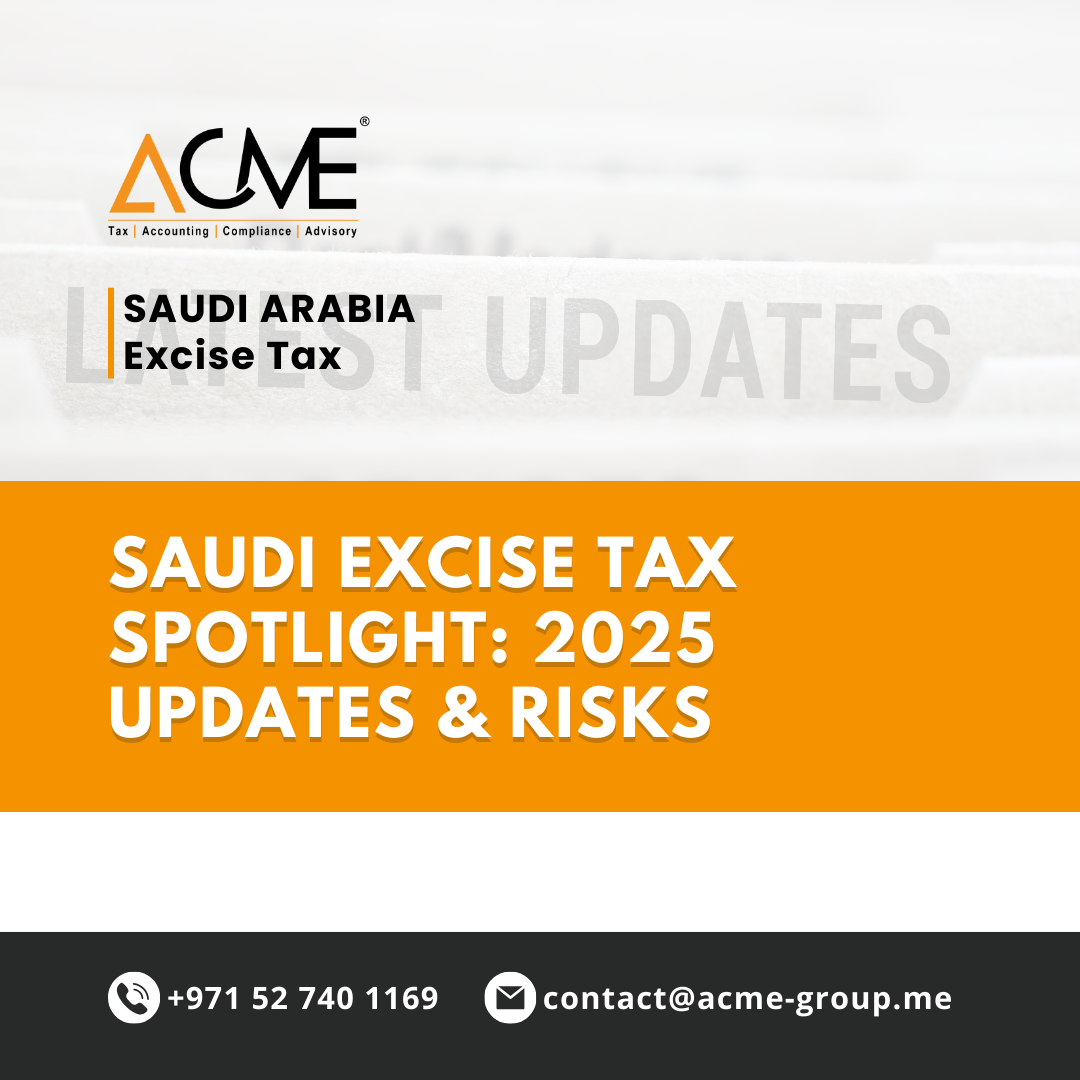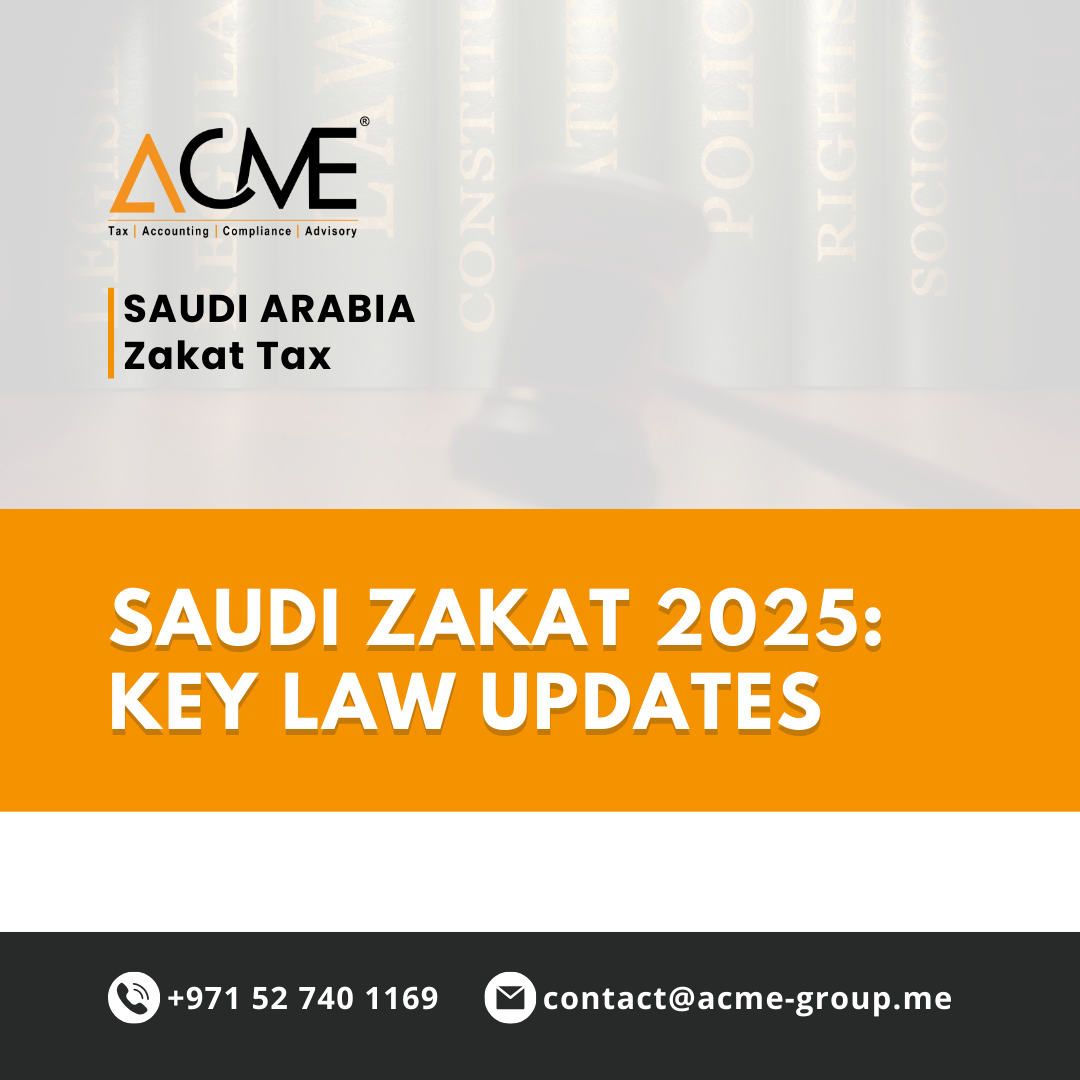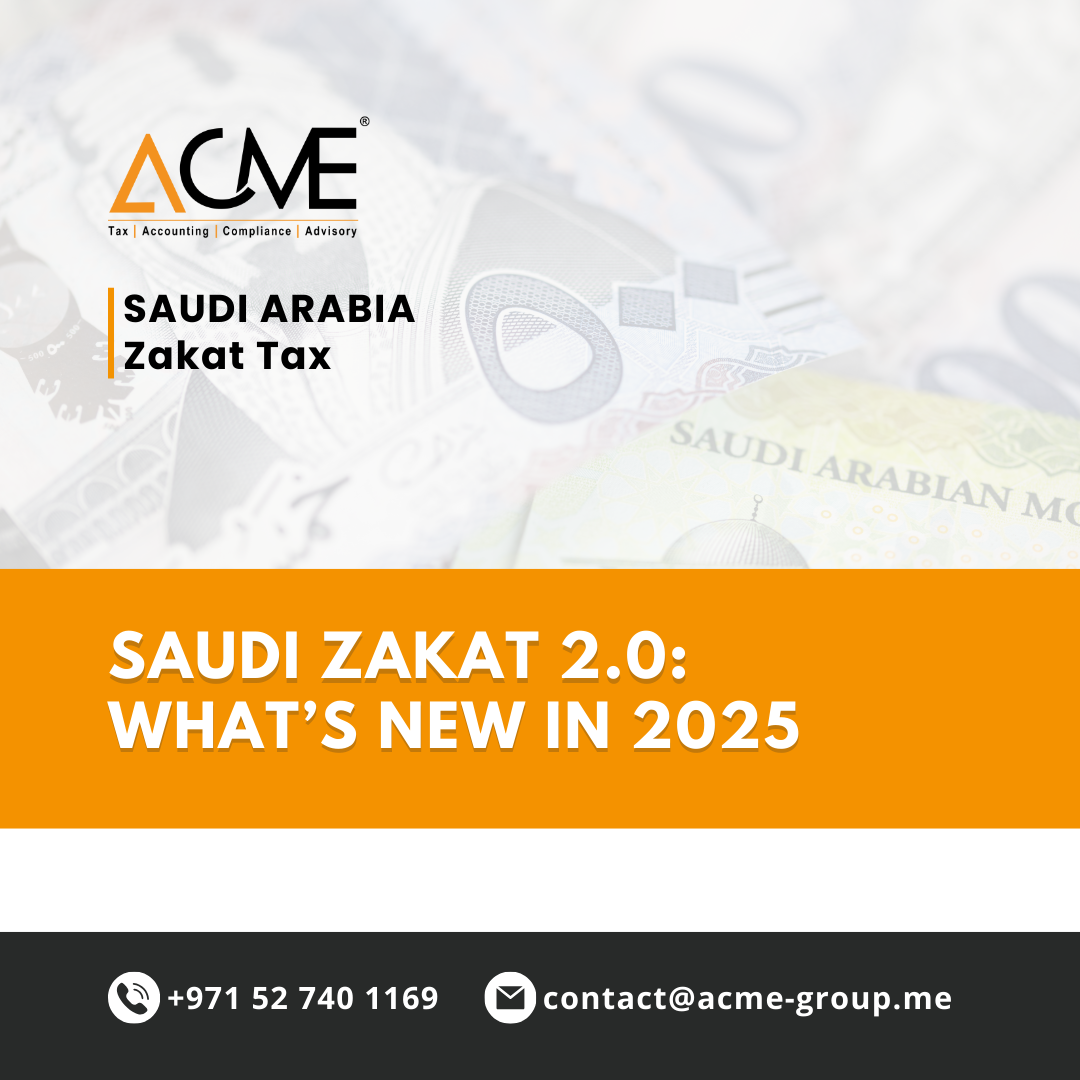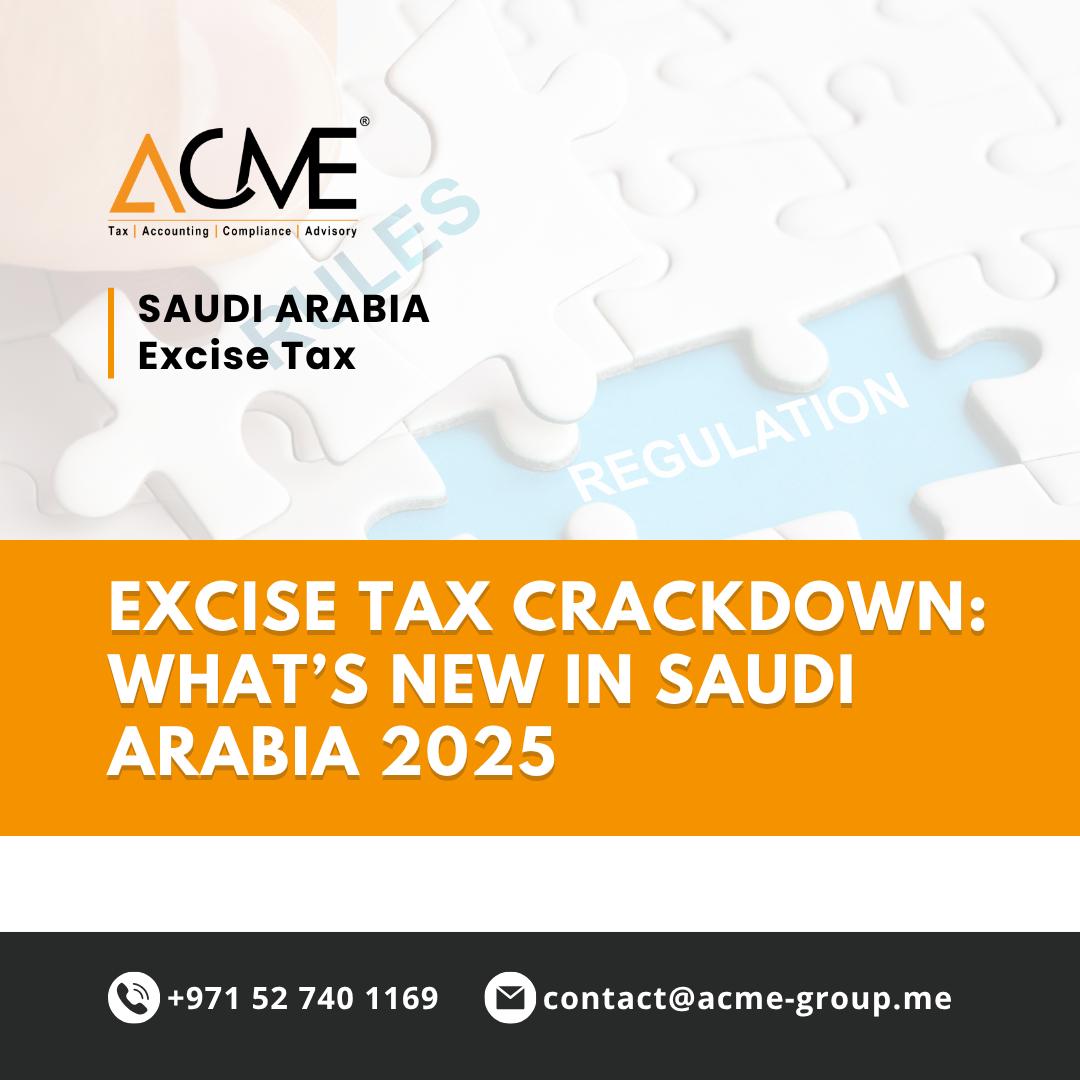CABINET DECISION NO. (5) OF 2019
ISSUING THE EXECUTIVE REGULATIONS OF LAW NO. (25) OF 2018
In Qatar, tax compliance and operational regulations are crucial for both businesses and individuals to understand. Two key aspects of the tax framework are addressed in Articles 9 and 10 of the tax law, which govern tax assessment and the licensing of tax warehouses. Let’s break down the significance of these provisions and their implications for taxpayers and businesses in Qatar.
Article 9: Tax Assessment and Obligation to Pay
Article 9 establishes the framework for tax assessments and the obligations of taxpayers in Qatar. It clearly states that the tax due is determined based on the data provided in the tax return. Importantly, the return itself constitutes the tax assessment, and the obligation to pay arises on the same day the return is submitted.
Key Points:
- Tax Assessment Based on Return Data: The tax authority assesses the tax based on the information submitted in the tax return, making the return a formal tax assessment.
- Supporting Documents: The tax authority can amend the assessment using the supporting documents that accompany the return, ensuring compliance with the provisions of the tax law and its executive regulations.
- Estimated Assessments: In cases where the tax return or supporting documents are not submitted, the tax authority has the power to conduct an estimated assessment using any available data. This underscores the importance of submitting accurate and complete documentation.
- Notification Requirement: The tax authority is obligated to notify the taxpayer (or their agent) of the assessment details. This notification must be made through a designated form and delivered by registered mail or other appropriate methods, as prescribed by the executive regulations of the tax law.
This provision emphasizes the importance of submitting accurate tax returns and supporting documentation in a timely manner, as failure to do so can result in estimated assessments based on available data, which may not reflect the taxpayer’s actual obligations.
Article 10: Tax Warehouse Licensing
Article 10 focuses on the regulation of tax warehouses, which play a significant role in the management of excise goods in Qatar. Under this provision, the tax authority has the discretion to license individuals or entities to operate tax warehouses. A tax warehouse is a facility where excise goods are stored under specific tax conditions before they are cleared for consumption or re-export.
Key Points:
- Licensing of Tax Warehouses: The authority has the power to grant licenses for the operation of tax warehouses, facilitating the storage and handling of excise goods. Notably, licensed customs warehouses under the Customs Law are considered tax warehouses for imported excise goods, further streamlining the process for businesses involved in the excise tax supply chain.
- Regulation of Licensing: The executive regulations of the law will outline the procedures and conditions for obtaining, amending, or cancelling a tax warehouse license. This ensures transparency and consistency in the operation of tax warehouses.
- Annual Licensing Fees: The law grants the tax authority the right to impose an annual fee for the issuance and renewal of licenses, providing a regulatory framework for the operational costs associated with tax warehouse activities. The fee structure will be determined by a decision from the Minister.
For businesses involved in the storage or handling of excise goods, understanding the licensing requirements for tax warehouses is essential. Compliance with these rules not only ensures smooth operations but also helps avoid potential penalties for non-compliance.
Conclusion
Articles 9 and 10 of Qatar’s tax law provide essential guidelines for tax assessment and the regulation of tax warehouses. Businesses and individuals must be aware of their obligations under these provisions, including the timely submission of accurate tax returns and the proper handling of excise goods in licensed warehouses. By adhering to the law’s requirements and understanding the role of the tax authority in assessments and warehouse licensing, taxpayers can ensure smoother operations and avoid unnecessary penalties.
Disclaimer: The Content offer general guidance and should not be considered legal, financial, or tax advice. Consult qualified professionals for personalized guidance. While efforts have been made to ensure accuracy, no guarantee is provided for completeness or applicability to individual situations. Users are responsible for their interpretation and actions based on this information, at their own risk.
For understanding more about Corporate Tax, VAT, Excise Tax, Financial Services, Advisory Services,reach out to us on : contact@acme-group.me | +971 52 740 1169
This article was published on 1 June 2025.
Related Posts
Saudi Excise Tax: What’s New & What to Watch
Key Points: ZATCA’s Implementing Regulations for excise tax (Resolution No. 9‑1‑17, as amended) define all the updated rules for excise goods in the …
Saudi Excise Tax Spotlight: 2025 Updates & Risks
Key Points: ZATCA’s excise‑tax regime applies to producers, exporters, and holders of excisable goods under suspension or transitional phases. Producers must file …
Saudi Zakat 2025: Key Law Updates
Key Points: ZATCA’s Implementing Regulation for Zakat Collection (MR 1007, 1445H) now applies to fiscal years starting 1 Jan 2024 and replaces …
Saudi Zakat 2.0: What’s New in 2025
Key Points: New Zakat regulation (MR 1007, 1445 H) applies for fiscal years starting on or after 1 Jan 2024. Calculation method …
Excise Tax Crackdown: What’s New in Saudi Arabia 2025
In 2025, Saudi Arabia’s Zakat, Tax and Customs Authority (ZATCA) introduced updates to the Excise Tax Implementing Regulations to enhance compliance monitoring …
Join our Newsletter!
Receive updates on the latest News, Events, Webinar and more.
Our Services
-
Tax ServicesTax Services
-
Financial ServicesFinancial Services
-
AdvisoryAdvisory
-
ComplianceCompliance
Explore More
-
About UsAbout Us
-
Privacy PolicyPrivacy Policy
-
Contact UsContact Us

